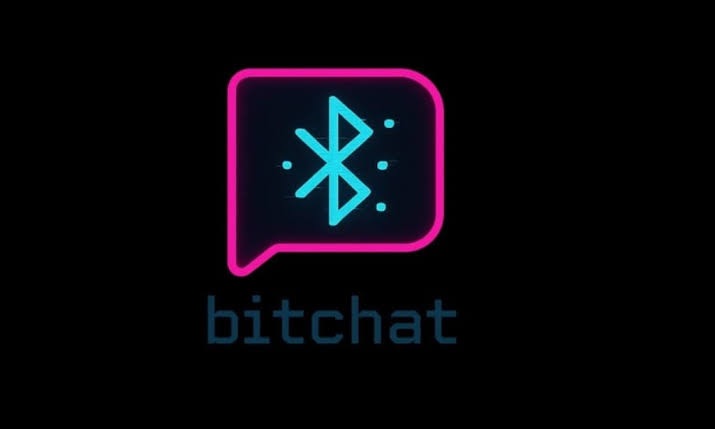NO WI-FI. NO CELL SERVICE. FULLY END-TO-END ENCRYPTED


Jack Dorsey, co‑founder of Twitter and CEO of Block, quietly released a beta version of Bitchat, a messaging app that operates without internet, cellular coverage, or central servers. It works through a Bluetooth Low Energy (BLE) mesh network, enabling devices within range—and beyond—to relay messages directly, relying solely on local connectivity .
Key Features & Privacy Protections
Peer-to-peer, account-free communication: No need for phone numbers, emails, or user accounts . End-to-end encrypted and ephemeral: Messages exist only on-device and vanish by default . Multi-hop relay (mesh): Each device acts as both transmitter and relay, enabling message travel over 300 meters via intermediate devices . Group chat with enhanced privacy: “Rooms” can be password protected, with cached messages that deliver later if a user is offline . Panic Mode: A triple‑tap on the app logo wipes all data instantly .
Bitchat stands out as a resilient, censorship-resistant tool and Dorsey hinted it’s aimed at crisis-response scenarios:
Useful in internet shutdowns, protests, disasters, off-grid areas, or events with overloaded networks . Echoes earlier mesh networking apps like Bridgefy and FireChat, which were used during the Hong Kong protests .
Current Stage & Next Steps
Beta testing only: The iOS beta via Apple TestFlight has already filled its 10,000‑user capacity . A public release is TBD—may soon include Wi‑Fi Direct support to expand range and speed .
Final Takeaways
Bitchat is less about mainstream messaging and more a decentralized experiment by Dorsey—a throwback to the ethos of IRC and an extension of his work on Bluesky, focusing on infrastructure-free communication. While elder apps have tackled parts of this vision, Bitchat’s emphasis on privacy, lack of accounts, and panic‑mode features give it a compelling edge for high‑risk or off‑grid environments.
Stay tuned as testing progresses and Bitchat potentially reaches broader audiences.
